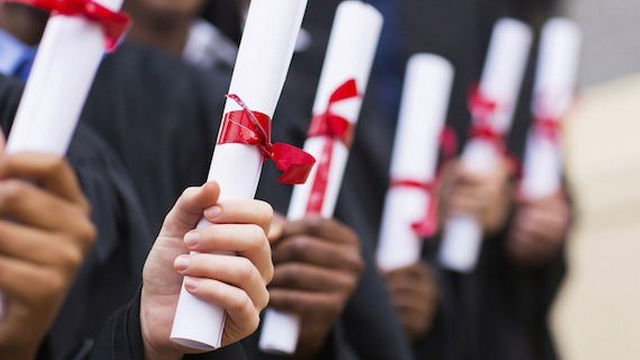
By Professor Owen Skae, Associate Professor and Director of Rhodes University Business School
Last month, while addressing Parliament’s debate on the performance-management budget, he conceded that SA’s gross domestic product (GDP) growth last year was the lowest in 17 years, with the exception of 2009.
“The Reserve Bank projects a GDP growth rate of 0.8%, while inflation is outside the target band of 3%-6%,” he said. “Times are hard, but we shouldn’t lose heart. Working with social partners, the government is pressing ahead with the implementation of the nine-point plan for SA’s development.”
Maybe he thinks about the nine-point plan late at night, but the number of people who believe the government is pressing ahead with any plan is dwindling. South Africans are battling not to lose heart or sink into cynicism.
On a recent trip to a nearby African country, I was taken aback by people telling me SA was fast losing status as their top education choice. When I asked which alternatives they were considering, Australia was a popular option.
This kept me up that night, pondering the future of higher education in SA and wondering if our comparison with Australia could be extended to more than cricket and rugby results.
With shrinking university budgets and increasing demand for higher education, we should look to Australia. Not to emigrate, but to emulate its incredible success at exporting higher education.
Currently, 80% of international students at Australian universities and colleges are from the Asian region, and Australia is now one of the leading providers of international education worldwide. Every year, hundreds of thousands of students go to Australia to study for a world-recognised qualification.
This generates more than A$15bn in income annually and supports more than 100,000 jobs — and both figures are rising. Australia is expecting to attract an additional 117,000 students by 2020, an increase of 30%.
The higher education sector is Australia’s fourth-largest export industry, and it has achieved this with the full support of all levels of government. The growth in international students has benefited Australians, who are pulling together on this.
Australia’s stated strategic aim is to maintain and build on its reputation as an open and friendly learning environment in which international students are valued community members and are supported to achieve their goals.
The Study in Australia website provides comprehensive information for international students on courses, institutions, and entry requirements, as well as information about living in Australia, safety as well as available support services.
Students, graduates and researchers wanting to pursue or further their education in Australia are assisted every step of the way. They do not arrive months late because government departments have bungled or delayed their visas, as happens here.
In all sorts of ways, SA makes it extremely difficult for students, researchers, and academics to bring their brains and finances. It is incredibly unfortunate and wrong, because we have outstanding tertiary educational opportunities to offer millions of students on our continent and beyond.
Our internationally recognised qualifications range from MBAs to medical research, hospitality, politics, English literacy, engineering, freshwater, and marine sciences … to name a few.
We could leverage this to directly address the severe financial shortfalls that we are facing in the drive to offer free and affordable higher education.
Instead of bemoaning our lack of resources, we need to create an environment for growing our educational-income opportunities, with full government support.
As part of this, we need the government to keep its promise to South African students that it will tackle the free education question within set timelines because we need our campuses to be places of vibrant learning and not sites of violence or xenophobia.
Students also need to play their part. They need to appreciate that we will not be able to attract international students if our campuses are in turmoil.
I am not suggesting that students should desist from their #FeesMustFall and decolonisation campaigns. These are important issues, but they need to be engaged in a manner that doesn’t frighten the world away.
We all have to come together to work at what can make more money for our higher education institutions, and develop export-marketing strategies for our higher education products.
Third-stream income-generation has always been an uncomfortable discussion at universities, but the luxury of feeling comfortable or uncomfortable about having to become more entrepreneurial is a thing of the past.
We have to wake up and realise that while the rand is weak, we have the ideal opportunity to showcase SA as an attractive higher education destination.
Education is a special kind of export; it is not like putting coal on a ship and sending it out. Education is about people wanting an excellent education or to pursue research at higher education institutions of excellence; it is about people needing to feel safe, students needing accommodation and people needing a welcoming, interesting environment.
It is about ensuring that people have the most incredible experience so that they spread the word. If we don’t wake up to this wonderful opportunity, someone else will. When that happens, we will all be lying awake late at night kicking ourselves. Including minister Radebe.
We have the potential to educate Africa. Let’s seize it.
First published in Business Day on Wednesday, 11 May 2016.
